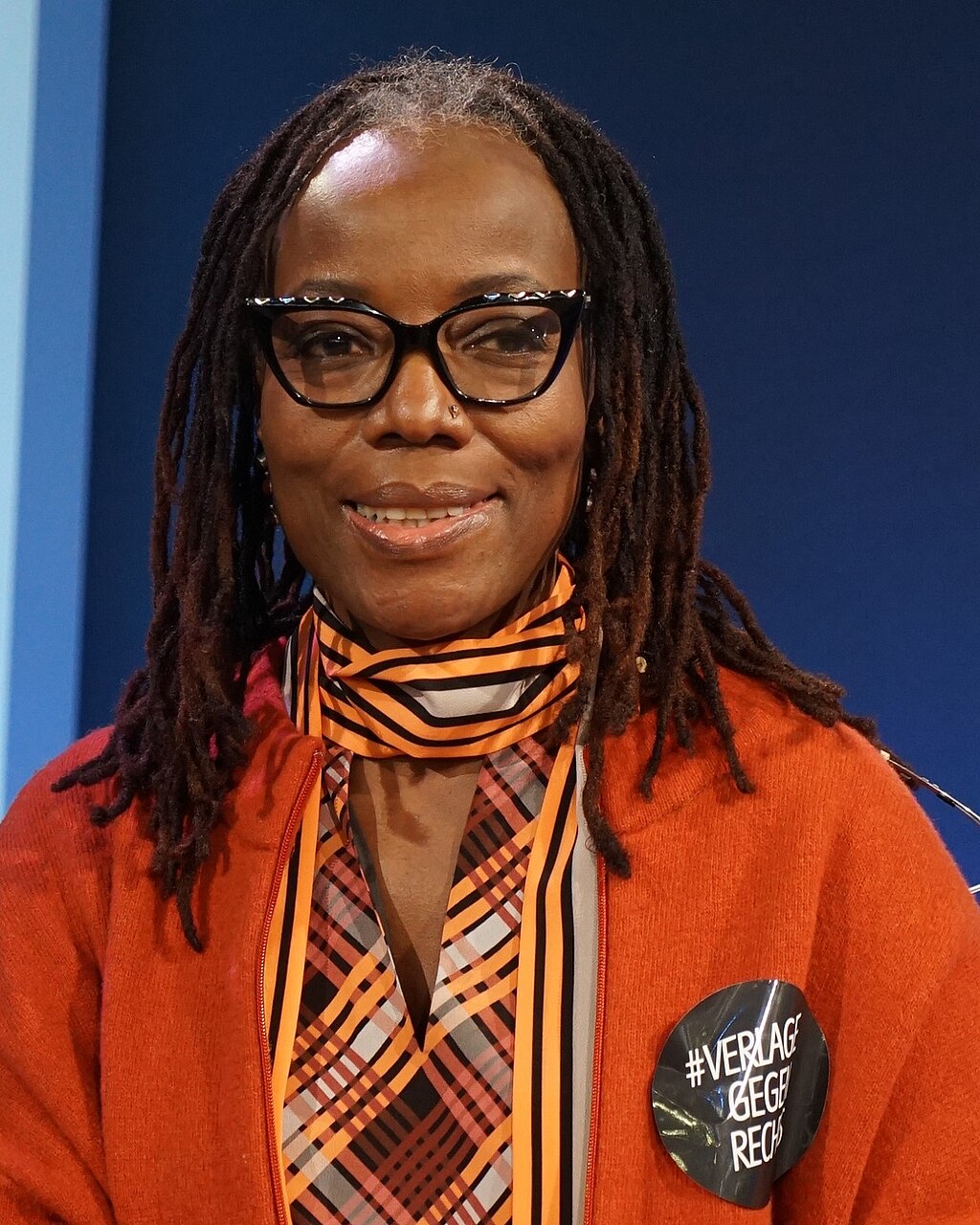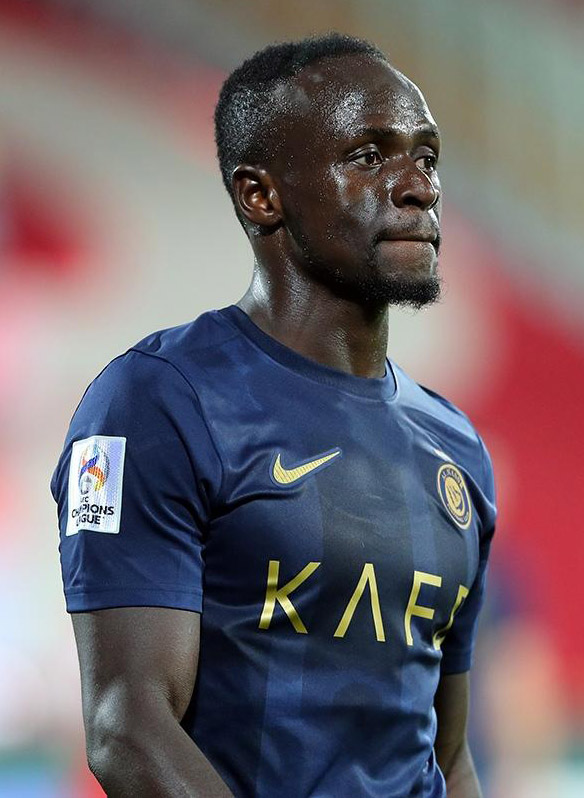Political
Do Opposition Politics Have a Future in Nigeria?
Much of Nigerian political coverage since last year’s elections has been rightly focused on the new government’s policies, including the decisions to end both a costly fuel subsidy and the pegging of the Nigerian naira to the US dollar. The nation is experiencing its highest rate of inflation in 30 years and a worsening cost of living crisis. In this environment, however, attention should also be paid to opposition parties. Even when they form a legislative minority, opposition parties play a crucial role in democracies. They can use their rights in the legislature to speak against government policies, bringing them to the public’s attention and focusing broad anger against the status quo into specific alternative plans. They can use positions on committees to oversee decisions and make governance more transparent. They can also make consistent appeals to the electorate about what could be, broadening public imagination and galvanizing participation in civil society. Nigeria’s political future depends on how seriously other parties take this important role. One year since the election, the state of Nigeria’s opposition shows worrying trends due to external and internal challenges.
The year since Nigeria’s presidential election on February 25, 2023, has been marked by lengthy court battles both between and within the major political parties. Even before the first vote was cast, most observers predicted that the results would be contested. After all, every election but one going back to 1959 has been challenged by the losing candidates. The closeness of the race and historical upsets in Kano and Lagos were the perfect recipe for a particularly contentious election. It took weeks for the Independent National Electoral Commission (INEC) to announce the results, and eight months for the Supreme Court to confirm the victory of Bola Tinubu of the All Progressives Congress (APC). Details on the court’s judgement can be found here. In short, the justices unanimously agreed that while the INEC had promised to release presidential results live and invested in technology for that purpose, they were under no legal obligation to do so.
Former Anambra State Governor Peter Obi’s personal brand took the Labour Party from one of many also-rans to seven seats in the Senate, 35 in the House of Representatives, and a governorship in Abia State. Meanwhile the People’s Democratic Party (PDP) which governed Nigeria from 1999-2015, is once again in the position of official opposition with 115 house seats and 37 senate seats. The party’s presidential candidate, 77-year-old Atiku Abubakar has been seeking the presidency since 1993 under various party banners and has likely reached the end of that journey. Between February and October, both Labour and the PDP were chiefly concerned with contesting the election’s regularities and arguing for their respective candidate’s victory. While neither party agrees with the court ruling both have indicated that they are ready to move on.
The problem with Nigeria’s opposition parties is that they tend to vanish after losing executive elections. When the PDP were dealt an embarrassing defeat in 2015, they spent the next eight years not doing much of anything. PDP did not use their 188 seats in the legislature to oppose the government on border closures, budget irregularities, attacks on judicial independence, or repeated military killings of unarmed protestors. To date the party has failed to present any ideological differences between them and the ruling APC, and in the 2023 elections two PDP governors broke from their own party to support Tinubu.
To stand a chance at governing, political parties must first prove to voters that they can function as an effective opposition. Both PDP and Labour got off to a rocky start in this regard. One of the biggest legislative issues before the 10th National Assembly was the budget, which controversially included gifts of cars to senators even as the government was implementing austerity measures for the general population. Labour Party Senators have defended the purchase and argued that since they have only seven seats in the Senate there’s no point in their voting against the spending bill. In the words of Labour Senator Neda Emasuen: “If we were to vote on it today, the eight Labour Party senators will vote against it but it doesn’t stop it because the 101 senators will vote yes. Even if we reject it, who takes it, are they going to return it to the manufacturers?” Such a statement contradicts the position of the party’s chairman, who has demanded that Labour senators reject the cars, threatening the coherence of a party that is still trying to institutionalize itself. More importantly, however, it sends a message to Labour voters that their candidates won’t behave differently when in power.
For their part, the PDP has stated since the court ruling that they will focus on being a strong opposition party, but they too have largely backed the government's budget decisions. While Obi himself has repeatedly criticized government waste as “uncaring” and “insensitive,” pointing to a N15 billion (18.7 million USD) renovation of the vice-presidential residence and a 1,411 member delegation to the COP28 summit in Dubai. Atiku has gone back to his life as a private citizen and has stayed out of political commentary since rejecting the court’s judgement on October 30. This leaves the PDP without much of a public face.
The New Nigerian People’s Party (NNPP) is a regional party that finished a distant fourth in the presidential contest but managed to win a governorship in their stronghold state of Kano. Since the election, however, the party has been beset by internal rivalries. A wing of the party announced the dismissal of the party’s leader and presidential candidate Rabiu Kwankwaso for unspecified “anti-party activities.” The dismissal was recently nullified by the Kano State High Court.
Some actors, including Atiku, have talked about merging some or all the political parties to resist the hegemony of the APC. Such a move is unlikely, mostly because each party’s leader wants to be president themselves. Similar talks between Labour and the NNPP failed during the 2023 campaign. NNPP spokespersons have already promised to reject any merger talks unless others agree on Kwankwaso as the joint candidate. More importantly however, a merger would send confusing messages to party supporters, muddying ideological differences. Given that Labour and NNPP’s support came from voters who were tired of the old guard parties, these voters would likely have mixed feelings about welcoming PDP veterans into the fold. “While the call for merger makes practical sense,” says Prof. Jideofor Adibe of Nasarawa University, “it is also symptomatic of one of the major problems of our electoral competition - politics without principles in which the political parties are merely special purpose vehicles... for capturing power." Seen in this context, efforts at presenting a joint front for the 2027 presidential election are putting the cart before the horse. Opposition politicians in all parties need to prove themselves to yesterday’s voters before they can think of winning over new ones in three years.
There have been a few promising developments. Opposition victories in Plateau (PDP), Kano (NNPP), and Zamfara (PDP) governorship elections were initially reversed by election tribunals, dealing a major blow to political opposition. In January, the Supreme Court rejected these lower rulings as “perverse” and reinstated these governors. Both Labour and the PDP have come out in support of protests by the Nigerian Labour Congress over worsening living standards and rising costs. In the big picture, however, all Nigeria’s opposition parties face an uphill battle to overcome internal scandals and external threats if they want to position themselves as powerful movements.







